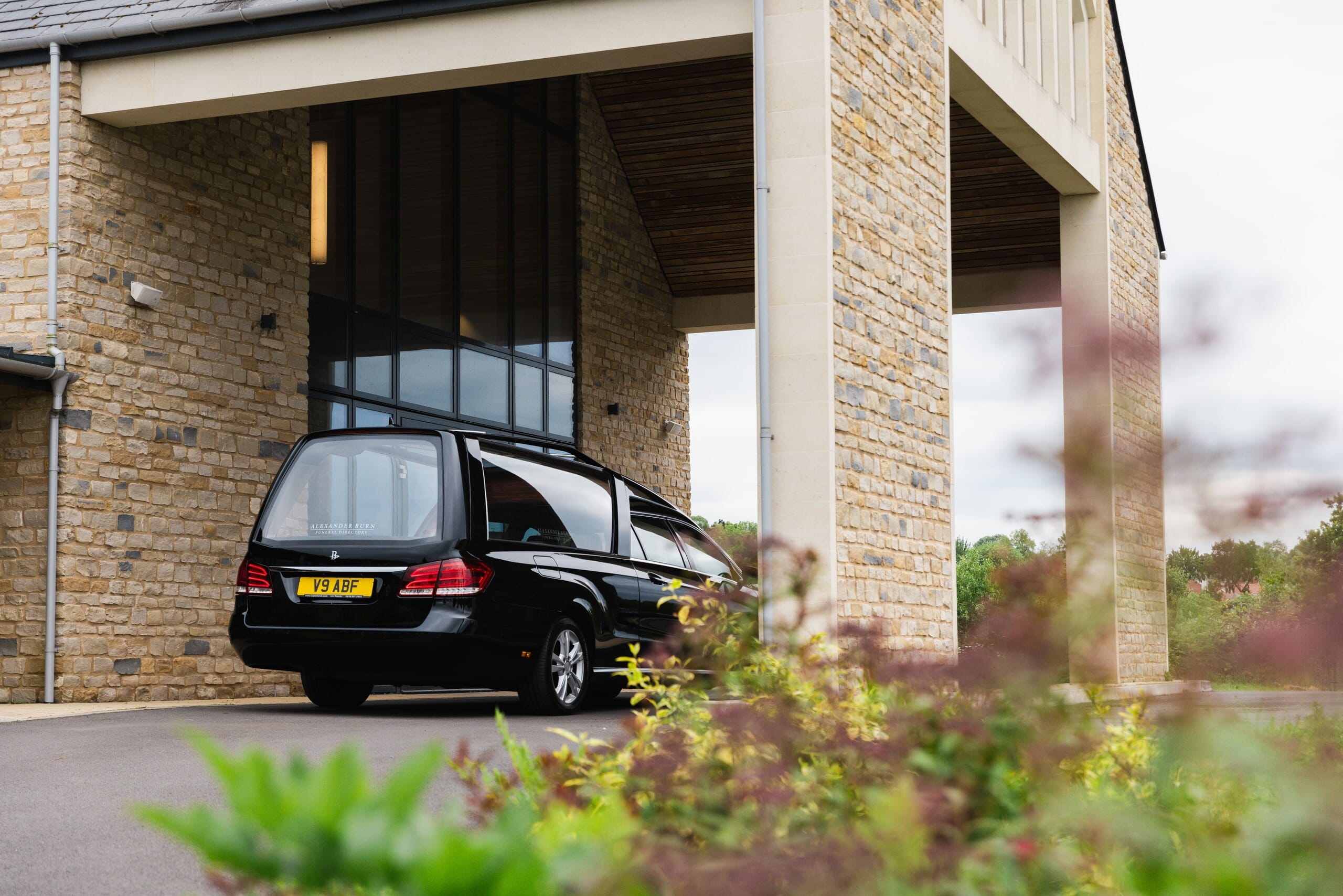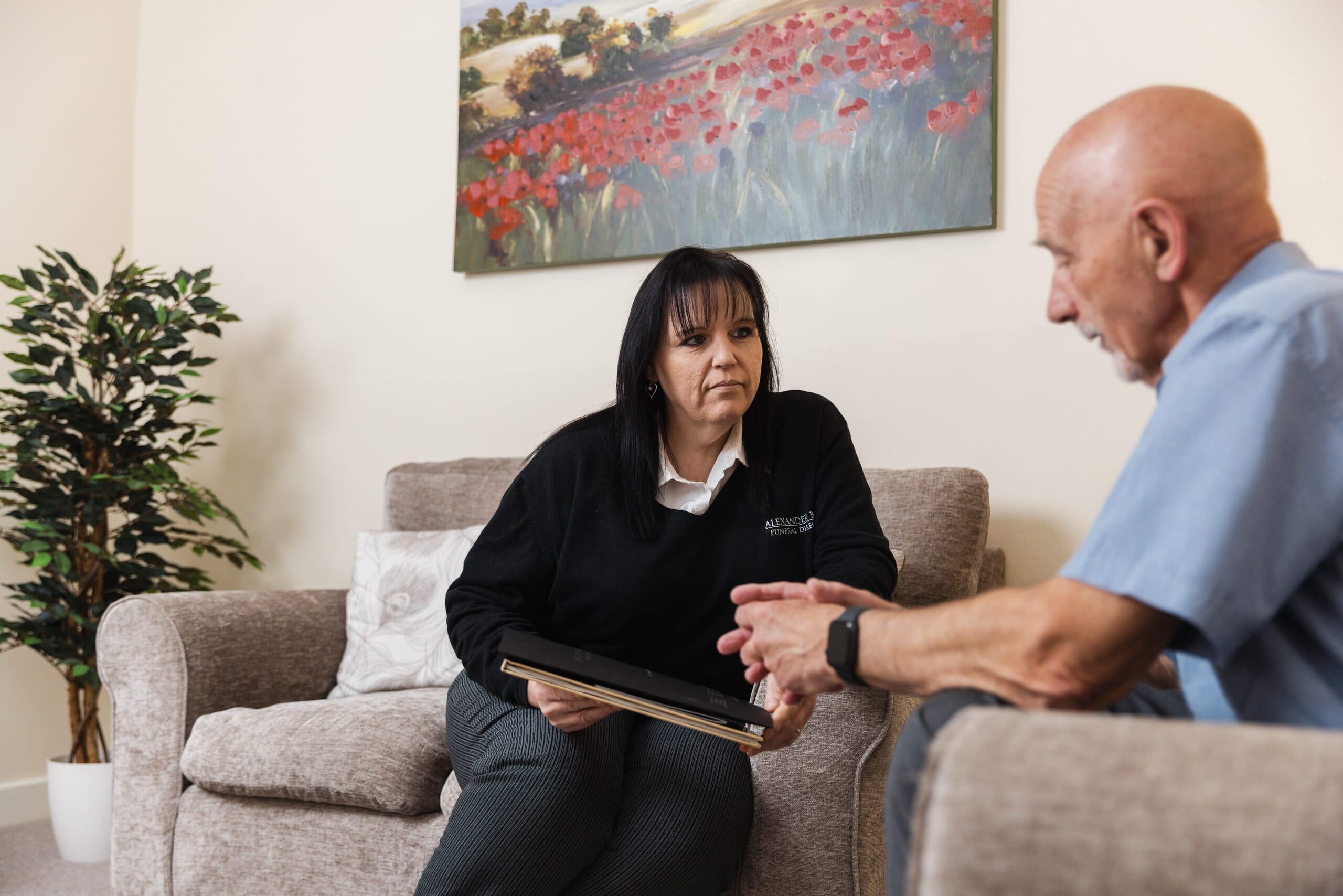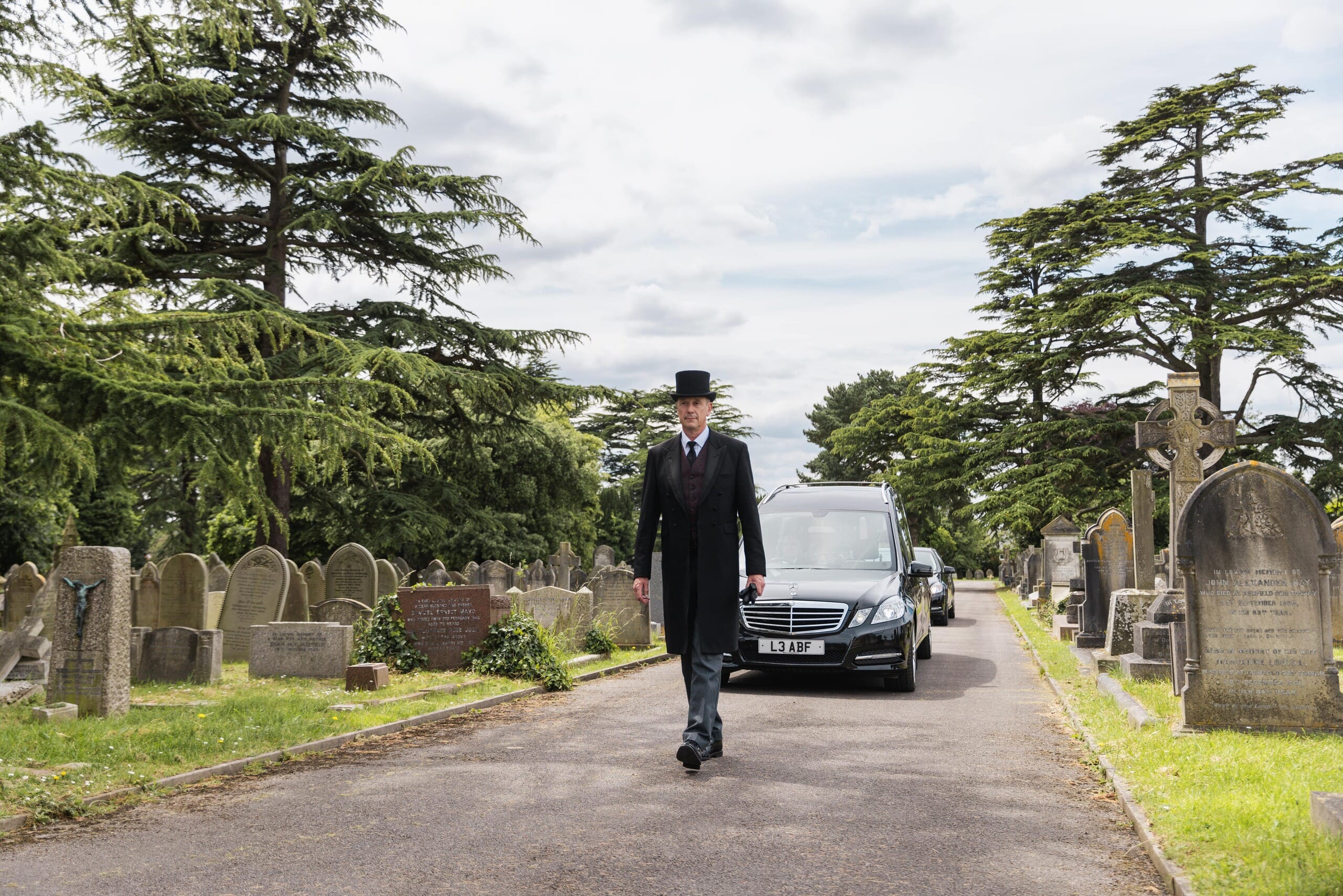How soon are funerals after death?
A funeral usually occurs within one to three weeks after death, as long as all the necessary arrangements can be made within that time frame. The actual funeral date can depend on various factors including family preferences, the funeral director’s availability, whether or not the corner is involved, and religious beliefs. For example, Jewish and Islamic funerals often take place within 24 hours of the death, meaning all the arrangements must be made quickly.
Most popular days and times for a funeral
Most funeral services take place during the week, either late morning or early afternoon. This allows adequate time for friends and family to travel, and usually fits in well with scheduling a wake or funeral reception later in the day. There isn’t one set most popular day of the week for funerals to be held in the UK; however, many families opt for Mondays or Fridays as they are closer to the weekend.

Delaying a funeral
There are many reasons why a funeral may be delayed. Sometimes the timing is just not right for families and friends to attend a funeral, or external factors may prevent mourners from paying their respects.
The most common reasons why funerals may be delayed include the following:
- Attendee availability – If the deceased has many family members and friends who wish to attend the funeral but are struggling to make the date due to time constraints, travel costs or other pre-planned events, you may wish to delay the funeral service.
- Venue demand – Occasionally, it may be difficult to secure your preferred date with the funeral directors or crematorium because of high demand. In this case, you may need to delay the funeral until a suitable date becomes available.
- Religious beliefs – As discussed above, some religions necessitate a funeral to take place as soon as possible after death. However, some religions and cultures may require slightly longer waiting periods, which could lead to funeral delays.

- Legal documents – There are many documents that must be completed before a funeral can take place, including registering the death and obtaining a death certificate. If these documents have not been completed or received, a funeral may be delayed. Read our guide on what to do after a death for further information.
- Coroner investigations – If the cause of death is unclear or suspicious in any way, a coroner may need to conduct further investigations. The funeral is unable to take place until the body has been released by the coroner.
- Extenuating circumstances – Sometimes funerals are delayed due to circumstances beyond our control, such as extreme weather conditions i.e. heavy snow or flooding, or public health emergencies i.e. COVID-19.

If you do wish to delay your loved one’s funeral service, you could consider holding a direct cremation instead. A direct cremation, also known as an unattended funeral, is essentially a funeral without a service or mourners. You have no choice in the date for a direct cremation, it simply takes place whenever a slot becomes available. This provides the deceased’s family with the freedom and flexibility to arrange a memorial service or celebration of life at a later date which suits all attendees. Discover more about what’s involved in an unattended funeral in our blog post.
Your family funeral directors in Cheltenham
Arranging a funeral is no easy task. Whether you’re looking to hold a burial, natural burial, cremation, direct cremation, or even an eco-friendly funeral, Alexander Burn’s team of compassionate and caring funeral directors can help guide you through every aspect of planning a funeral. Get in touch today to discuss your wishes for your loved one’s funeral.




